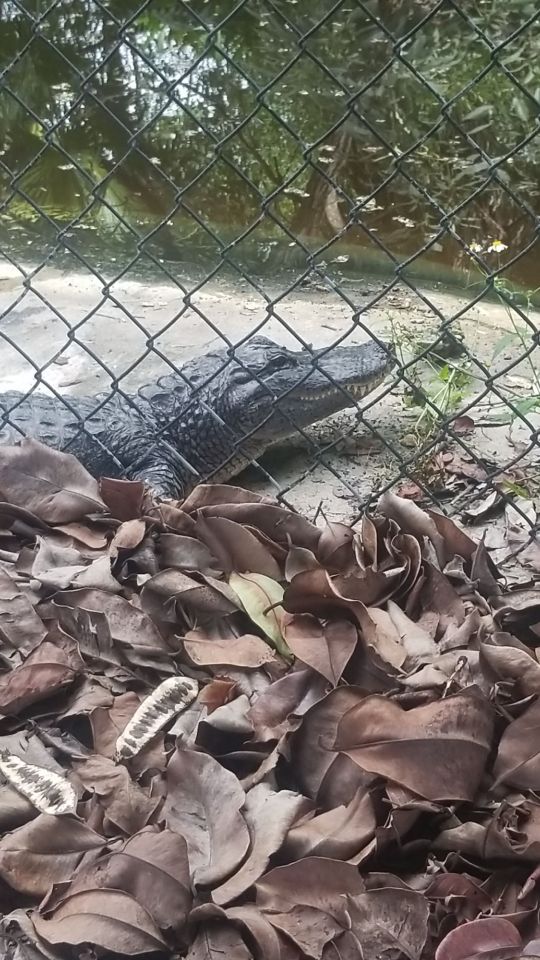Reptile Lover - Blog Posts

This is Molly, our loggerhead musk turtle, receiving her first Valentine’s Day worm! Her incredibly strong beak is perfectly adapted to crushing through the tough exoskeletons of her prey. If you are interested in sending Molly a box of worms this Valentine’s Day, consider donating here: https://www.facebook.com/sncwild/posts/4168465543165140
While cute and small now, adult American Alligators can grow up to fifteen feet long! Their massive size is not only a deterrent to predators, but also helps them accomplish a very important role in the environment.
American Alligators are known as Keystone Species. That fun vocab term means they are a species capable of establishing a new ecosystem for a bunch of other animals in addition to themselves. They dig for water to create Gator Holes. These gator holes become homes for fish, amphibians, and water birds. Without gators, the Florida Everglades would be a much drier place.

Our resident adult gator, Wally, shows off her top row of teeth with a curvy smile. American Alligators are a common sight for Floridians. Whether they’re borrowing our pools, sharing our golf courses, or sunbathing at our favorite parks, alligators are just a normal part of Florida living. Remember the best thing to do when encountering a gator in the wild is to leave it alone and put a wide amount of space between you and it. If you encounter a large, threatening alligator, contact FWC’s gator hotline (866-392-4286).
Turtles lay their eggs on land before leaving them to hatch on their own. The babies are instinctually drawn towards water. These guys hatched on SNC grounds quite a bit away from the nearest freshwater habitat, so we gathered them up and helped them on their way. This increased their chances of survival as they didn't have to fend off hungry birds during the long walk to safety.